In recent years Python has become an important language for scientific programming. It allows solving small problems as well as developing complex projects significantly faster compared to using C++.

Time: Monday October 9th, 2017 - Friday October 13th, 2017; 09:30-17:30 each day
Please bring your notebook, power supply and preferably a mouse.
This programming course will consist of lectures and programming excercises teaching you how to solve physics problems and how to visualize your results..
Previous programming experience is helpful but not required. Advanced concepts such as classes, iterators, etc. are not part of this course.
Most technical terms are in English, so I will teach in English.
Material
- Tutorial
- Case study: Convolution in 1D
- Case study: Schrödinger equation in 1D
- Case study: Heat equation / Laplace 2D
- Case study: Semantic segmentation
Curriculum
- python as a pocket calculator
- variables, assignment, dynamic typing
- syntax -- indentation matters
- control flow and loops
- modules and name spaces
- the numpy array
- indexing
- slicing
- broadcasting
- functions
- plotting data in 2D and 3D
- useful modules
Goal
In the course of the week, you will
- learn to simulate the scattering and tunneling of a wave packet at a potential barrier, and plot the result, as in the picture.
- solve a Dirichlet problem
- apply a simple machine learning algorithm to a computer vision problem

Registration
Registration is closed.
Venue, Time, Material
Venue: Im Neuenheimer Feld, details will be announced to all participants.Time: Monday October 9th, 2017 - Friday October 13th, 2017; 09:30-17:30 each day
Please bring your notebook, power supply and preferably a mouse.
Looking forward to seeing you soon!
Fred Hamprecht


